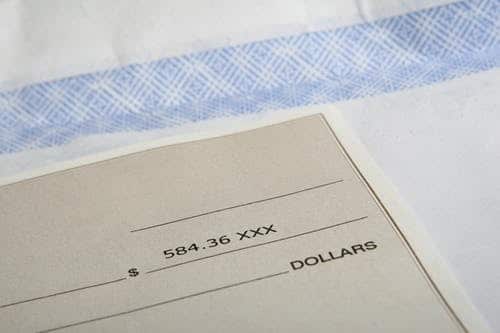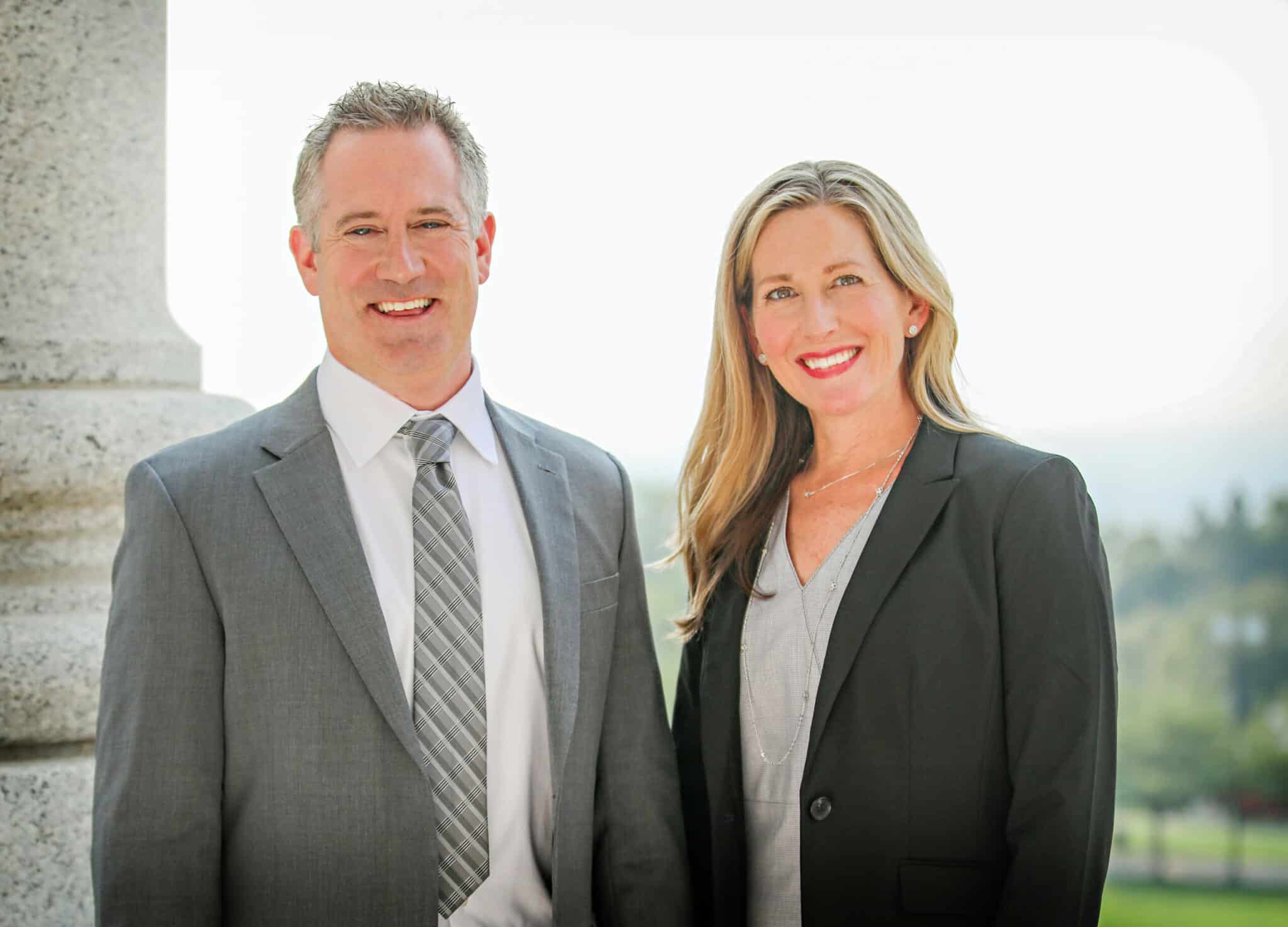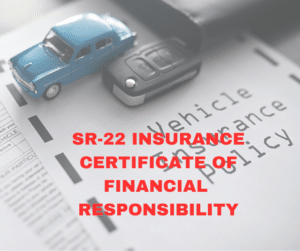
Check fraud may seem like an uncommon occurrence, but the truth is, plenty of people are still stealing checks, forging checks, and trying to cash other people’s checks illegally. Often, these crimes aren’t committed out of malice, but rather, economic hardship.
If you’ve been accused of check fraud, it’s not the end of the world—there are lots of options, and crucial legal distinctions to be aware of. And if you aren’t sure, it’s good to know why and how you may be accused.
Different Kinds of Check Fraud
Check fraud is a catch-all term referring to several kinds of criminal activity. It may include (but isn’t limited to) forgery, check kiting, counterfeiting or alteration, and even some forms of identity theft (i.e., when someone cashes a check that wasn’t made out to them).
Checks may be completely fabricated—simply printed off or copied—or they may be altered, both of which are illegal. Check washing, as it’s often called, is the process of removing signatures or designated amounts from checks in order to steal money.
Checks may also be cut without proper authorization; in the case of businesses, this usually means someone has gotten ahold of checks and is making them out without permission.
Avoiding Check Fraud
As a private citizen, it’s important to guard your checks and always check your bank statements. Additionally, taking protective steps—like only accepting checks during business hours to ensure that they’re legitimate, never endorsing checks before you’re ready to cash or deposit them, or using pens which make check-washing less viable—can help you keep your finances secure.
Sometimes, unsuspecting citizens find themselves in possession of fraudulent checks without realizing it, or may think that it’s ok to cash a check on behalf of a family member. For this reason, it’s important to know the laws around check cashing; if a relative or friend signs a check over to you, you may cash it. However, without their express permission, you may inadvertently find yourself committing fraud.
If you’ve been accused of fraud, the best thing to do is obtain experienced, professional legal counsel.
At the Witt Law Group, we believe that all persons are innocent until proven guilty, and that everyone deserves their day in court—no matter the charge. We handle criminal defense cases in Kitsap County and have offices in Bremerton, Poulsbo and Gig Harbor for your convenience.

Get help now
Whether you choose to handle your case alone or engage the Witt Law Group, being informed and prepared is essential. Early involvement of an attorney can significantly impact your chances of a fair recovery, allowing you to focus on healing while we handle negotiations with insurance adjusters to secure fair compensation for your injuries.




